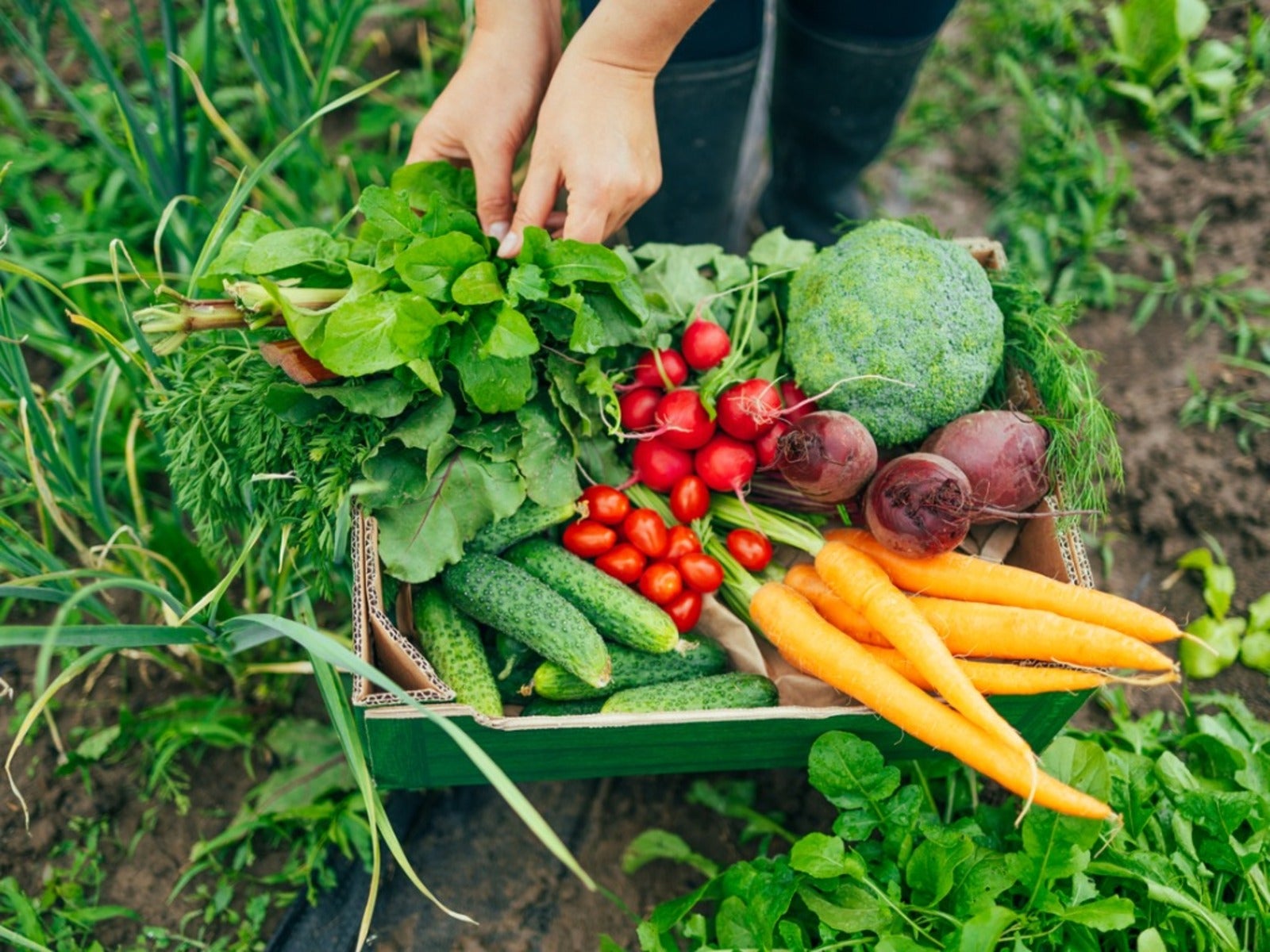Best Vegetables To Grow In Michigan And The Upper Midwest


Sign up for the Gardening Know How newsletter today and receive a free copy of our e-book "How to Grow Delicious Tomatoes".
You are now subscribed
Your newsletter sign-up was successful
The upper Midwest states of Minnesota, Michigan, Wisconsin, and Iowa span USDA zone 6, zone 5, zone 4, and just a little bit of zone 3 in northern Minnesota. This means there is a wide variety of Midwest garden vegetables to choose from that will thrive here.
The Best Vegetables to Grow in Wisconsin, Michigan, Iowa, and Minnesota
There is some variation by USDA zone, but in general, you can successfully grow all these vegetables in the upper Midwest states:
- Asparagus
- Beans
- Beets
- Broccoli
- Brussels Sprouts
- Cabbage
- Cauliflower
- Carrots
- Celery
- Corn
- Cucumbers
- Eggplant
- Garlic
- Greens
- Lettuce
- Onions
- Peas
- Peppers
- Potatoes
- Pumpkins
- Radishes
- Spinach
- Squash, Summer and Winter
- Swiss chard
- Tomatoes
The Best Vegetables to Grow in Minnesota’s North
Northern Minnesota vegetable gardening can be a little tricker than in other areas. This is the coldest part of the upper Midwest states. Most of the state is in zone 4, but the northern reaches are in zone 3.
You can still grow warm season vegetables like tomatoes and peppers. Their growing season will be shorter for zone 3 gardens, but you can still get a harvest.
For the best results, take advantage of the vegetables that thrive in colder weather or have shorter growing seasons:
- Beans
- Beets
- Carrots
- Corn
- Kale
- Lettuces
- Onions
- Potatoes
- Radishes
- Spinach
- Swiss chard
- Summer squash and zucchini
- Winter squashes
Tips for Successful Midwest Vegetable Gardens
Once you have selected vegetables to grow, a successful garden is a matter of timing and maintenance. Here are some expert tips suited to Midwest vegetable beds:
Choose the Right Varieties.
Among the many vegetables you can grow in the upper Midwest, there are many, many cultivars. Do some research before purchasing plants or seeds. Some varieties are better suited to colder climates than others.
Sign up for the Gardening Know How newsletter today and receive a free copy of our e-book "How to Grow Delicious Tomatoes".
Start with Seeds.
Veggie gardening can be inexpensive if you start with seeds, but be sure to buy high-quality products. You can also save seeds from year to year to spend even less on your garden. Trade and share seeds with neighbors.
Start Indoors.
With a shorter growing season than other regions, consider starting vegetable seeds indoors. Use starter trays and transplant outdoors when the weather and soil are ready. With this strategy, you can grow more veggies with longer times to maturity.
Check Frost Dates.
Last spring frost dates vary quite a bit across the Midwest. Check the dates for your exact location and avoid planting before this date. Exceptions include cold-hardy vegetables and cultivars.
Plant by Season.
Save your warm weather plants for the middle of the growing season. Plant cool weather veggies in both spring and fall for two harvests.
Use Cold Frames.
Another way to extend your harvest in a colder region is to use a cold frame. These are like miniature green houses that allow you to start plants sooner in spring or grow them later in fall.
Use Successive Plantings.
Another way to get more out of your growing season is with successive plantings. This means starting seeds a couple weeks apart, so you get successive harvests throughout the season. For a region with a shorter growing season, this works best with plants that have a short time to maturity, like lettuces, greens, and radishes.
Water and Weed.
This is true for any vegetable garden everywhere: you must weed and water often. Get on top of weeds right away and keep pulling them regularly. Water plants daily if it isn’t raining, but don’t let the ground get soggy.
Midwest vegetable gardening has some challenges. Early fall and late spring frosts can take you by surprise, and sometimes it feels like you can’t grow anything here. Yet, with the right choice of vegetables and good timing, you can grow a plethora of food in your backyard.

Mary Ellen Ellis has been gardening for over 20 years. With degrees in Chemistry and Biology, Mary Ellen's specialties are flowers, native plants, and herbs.